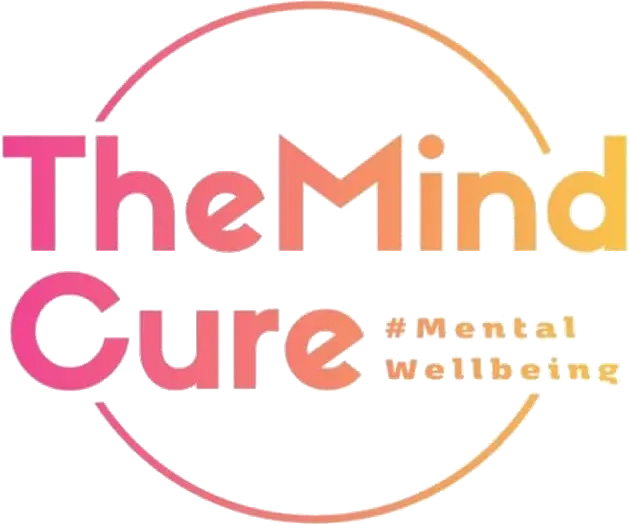Experiencing confusion can be unsettling and may impact daily life, decision-making, and cognitive function. Understanding the causes of confusion, recognizing confusion symptoms, and implementing effective confusion management techniques can help improve mental clarity and brain function.
Common Causes of Confusion
Confusion can result from various factors, including:
- Sleep Deprivation – Lack of proper rest can impair memory function and mental clarity.
- Stress and Anxiety – Chronic stress can overwhelm the brain, leading to cognitive dysfunction.
- Dehydration – Inadequate hydration affects brain function, causing mental fog.
- Nutrient Deficiencies – Lack of essential vitamins, particularly B vitamins and omega-3 fatty acids, can lead to cognitive impairment.
- Medical Conditions – Neurological disorders, infections, or hormonal imbalances can contribute to chronic confusion.
- Medication Side Effects – Certain drugs may cause memory lapses or difficulty processing information.
- Substance Use – Excessive alcohol or drug consumption can impair cognitive function and focus levels.
Symptoms of Confusion
The most common confusion symptoms include:
- Memory Problems – Forgetfulness and difficulty recalling recent events.
- Disorientation – Trouble recognizing familiar places or people.
- Difficulty Concentrating – Struggling to stay focused on tasks.
- Slowed Thinking – Taking longer to process and respond to information.
- Poor Decision-Making – Inability to make sound judgments or choices.
- Language Issues – Difficulty finding the right words or forming coherent sentences.
Effective Confusion Management Strategies
1. Improve Sleep Quality
Prioritizing sleep hygiene by maintaining a consistent sleep schedule can enhance mental clarity and cognitive function.
2. Manage Stress and Anxiety
Practicing relaxation techniques such as meditation and deep breathing can help reduce cognitive overload and improve focus and memory.
3. Stay Hydrated and Eat a Brain-Boosting Diet
Drinking enough water and consuming brain-boosting foods like leafy greens, nuts, and fatty fish can support cognitive enhancement and mental sharpness.
4. Engage in Physical Activity
Regular exercise increases blood flow to the brain, improving mental sharpness and reducing memory problems.
5. Stimulate Brain Function
Activities like puzzles, reading, and learning new skills help boost brain function and prevent cognitive decline.
6. Review Medications
If medications contribute to confusion symptoms, consult a healthcare provider for potential adjustments.
7. Seek Professional Help
If chronic confusion persists, consulting a doctor or neurologist can help identify underlying health issues and provide targeted treatments.
Final Thoughts
Addressing confusion is essential for maintaining mental clarity and overall cognitive health. By identifying the causes of confusion, recognizing confusion symptoms, and adopting effective confusion management techniques, individuals can improve their brain function and enhance daily life. Small changes in lifestyle, stress management, and proper nutrition can lead to significant improvements in cognitive health.




